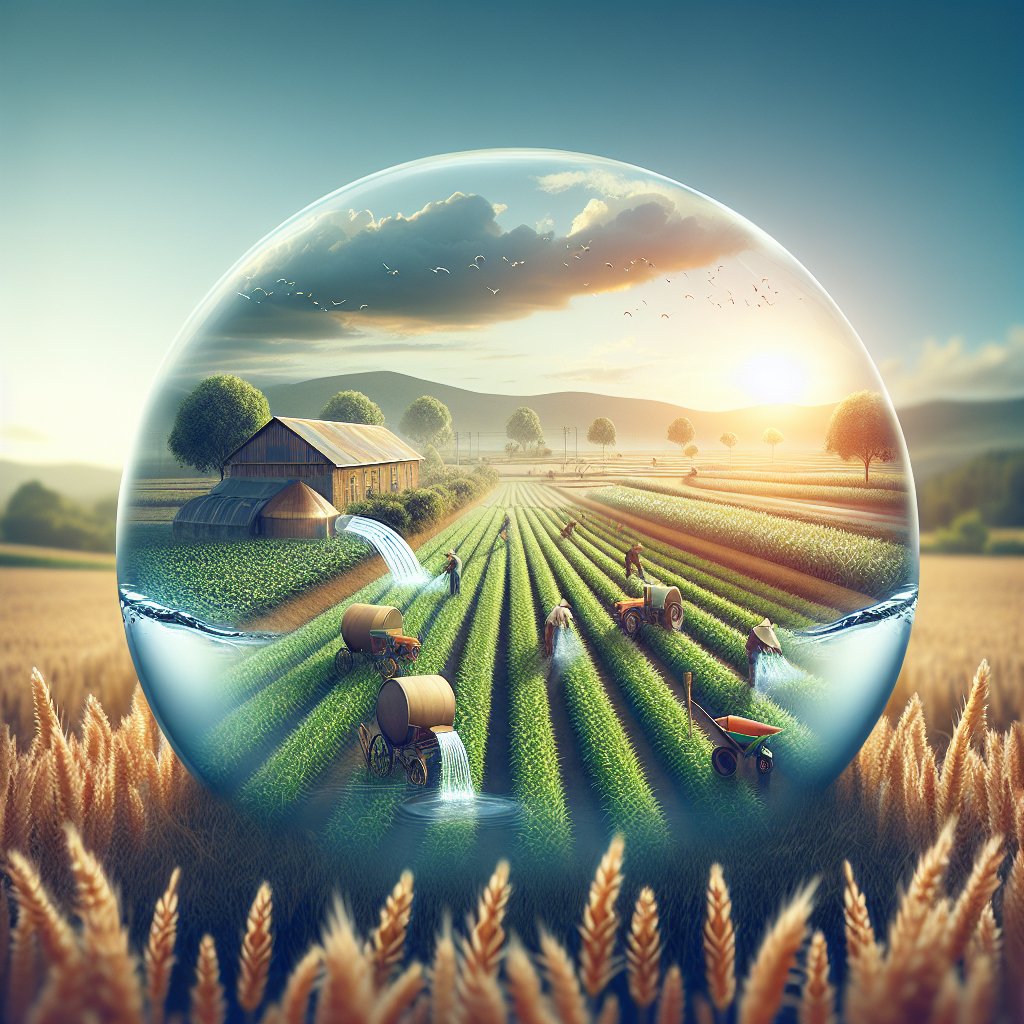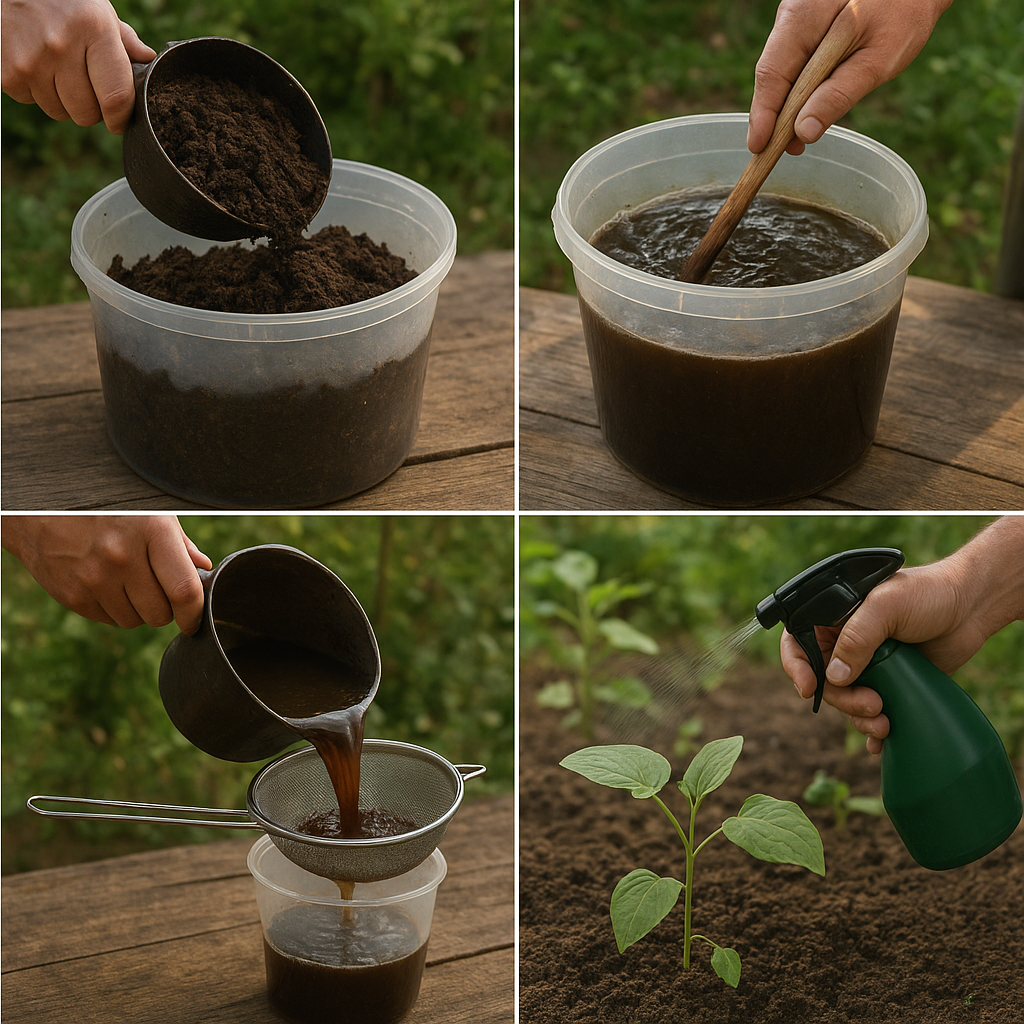
Water scarcity is a growing concern in agriculture, and implementing smart strategies to reduce water usage is crucial for sustainable farming. As the global population continues to rise, the demand for food increases, putting additional pressure on water resources. Farmers must adopt innovative techniques to optimize water use, ensuring that crops receive the necessary hydration without waste. This article explores various methods and technologies that can help farmers reduce water usage while maintaining productivity.
Understanding the Importance of Water Management in Agriculture
Water is a vital resource in agriculture, essential for crop growth and livestock maintenance. However, with climate change and increasing competition for water from other sectors, efficient water management has become more critical than ever. Agriculture accounts for approximately 70% of global freshwater withdrawals, making it the largest consumer of water resources. Therefore, improving water use efficiency in farming is not only beneficial for the environment but also economically advantageous for farmers.
Effective water management involves understanding the water needs of different crops, soil types, and climatic conditions. By tailoring irrigation practices to these factors, farmers can significantly reduce water waste. Additionally, adopting water-saving technologies and practices can help mitigate the impacts of droughts and water shortages, ensuring long-term agricultural sustainability.
Innovative Irrigation Techniques
One of the most effective ways to reduce water usage in farming is by adopting advanced irrigation techniques. Traditional methods, such as flood irrigation, often lead to significant water loss through evaporation and runoff. In contrast, modern irrigation systems are designed to deliver water more efficiently and precisely.
Drip Irrigation
Drip irrigation is a highly efficient method that delivers water directly to the plant’s root zone through a network of tubes and emitters. This technique minimizes evaporation and runoff, ensuring that water is used effectively. Drip irrigation systems can be automated and adjusted based on soil moisture levels, further optimizing water use. Although the initial setup cost can be high, the long-term savings in water and increased crop yields often justify the investment.
Sprinkler Systems
Sprinkler systems are another popular irrigation method that can be optimized for water efficiency. By using low-pressure, high-efficiency sprinklers, farmers can reduce water loss due to wind drift and evaporation. Additionally, smart sprinkler systems equipped with sensors and timers can adjust watering schedules based on weather conditions and soil moisture levels, ensuring that crops receive the right amount of water at the right time.
Soil Management and Conservation Practices
Improving soil health and structure is another crucial aspect of reducing water usage in agriculture. Healthy soils have better water retention capabilities, reducing the need for frequent irrigation. Several soil management practices can enhance soil moisture retention and reduce water consumption.
Mulching
Mulching involves covering the soil surface with organic or inorganic materials, such as straw, wood chips, or plastic. This practice helps retain soil moisture by reducing evaporation, suppressing weed growth, and moderating soil temperature. Mulching can be particularly beneficial in arid regions, where water conservation is critical.
Cover Cropping
Cover crops are planted during the off-season to protect and improve soil health. These crops help prevent soil erosion, improve soil structure, and increase organic matter content, enhancing the soil’s ability to retain moisture. By incorporating cover cropping into their farming practices, farmers can reduce water usage and improve overall soil fertility.
Utilizing Technology for Water Efficiency
Advancements in technology have provided farmers with new tools to monitor and manage water usage more effectively. From remote sensing to data analytics, these technologies offer valuable insights that can help optimize water use in agriculture.
Soil Moisture Sensors
Soil moisture sensors are devices that measure the water content in the soil, providing real-time data that can inform irrigation decisions. By using these sensors, farmers can avoid overwatering and ensure that crops receive the right amount of water. Integrating soil moisture sensors with automated irrigation systems can further enhance water efficiency by allowing precise control over watering schedules.
Remote Sensing and Drones
Remote sensing technologies, including satellite imagery and drones, offer a bird’s-eye view of agricultural fields, allowing farmers to monitor crop health and water stress. These technologies can identify areas that require more or less water, enabling targeted irrigation and reducing overall water usage. Drones equipped with multispectral cameras can also assess plant health and detect early signs of water stress, allowing for timely interventions.
Conclusion
Reducing water usage in farming is essential for sustainable agriculture and the preservation of vital water resources. By adopting innovative irrigation techniques, improving soil management practices, and leveraging technology, farmers can significantly enhance water efficiency. These strategies not only contribute to environmental conservation but also offer economic benefits by reducing water costs and increasing crop yields. As the challenges of water scarcity continue to grow, embracing these smart tips will be crucial for the future of farming.

